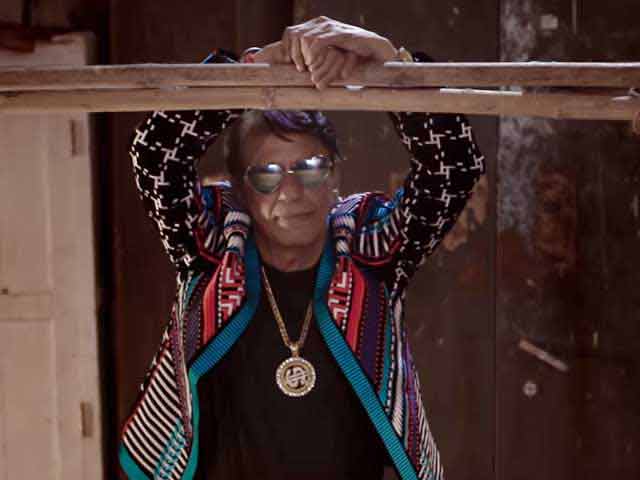The Supreme Court has ruled that “every author or writer has a fundamental right to speak out ideas freely and express thoughts adequately”, and that curtailment of an individual writer or author’s right to freedom of speech and expression should never be viewed lightly. Thus, they junked a PIL filed by a lawyer seeking direction to the government to ban the book ‘SamajikaSmugglurluKomatollu’ by Dalit writer KanchaIlliah.
“KanchaIlaiah says in his book that Arya Vysyas Baniyas disliked backward communities, Scheduled Casts and Scheduled Tribes.They are engaged only in business and they are only money-making communities by illegal ways, they bribe government officials, they encourage corruption and hide the monies under the earth without paying taxes from ancient times,” the petitioner said.
However, the Supreme Court said, “Suffice it to say that when an author writes a book, it is his or her right of expression. We do not think that it would be appropriate under Article 32 of the Constitution of India that this court should ban the book.”
Article 32 upholds the right of every citizen to exercise the fundamental rights guaranteed to them.
This verdict has a lot of hope for other writers. In previous cases, books were withdrawn by publishers or universities for fear of public reaction. In 2010, Rohinton Mistry’s ‘Such a Long Journey’ was withdrawn by Mumbai University from B.A. syllabus after the Shiv Sena’s student wing alleged that the book contained derogatory remarks about Maharashtrians.
Salman Rushdie’s novel ‘The Satanic Verses’ was banned in 1988 because some Muslims called it blasphemous. Though we hoped that time would create more openness and mature receptivity towards different authors, we still lag behind in achieving true tolerance.
Penguin’s decision to withdraw controversial scholar Wendy Doniger’s ‘The Hindus: An Alternative History’ has resonated strongly in the academic world, as scholars have questioned what this means for freedom of expression in India.
Many such marginalised voices have been supressed, and their work hidden under bureaucratic and political curtails. The recent decision by Supreme Court is a loud voice of reason.
Books are the most potent weapon in the fight towards rationality and equality. Through this decision, the Supreme Court has defended India as a nation of open minds and wide-reaching tolerance.
We are inching closer to the Right not to be offended. If someone does not agree, they have the right not to read the book. But to censor it for their narrow sensibilities is archaic and irrational.













